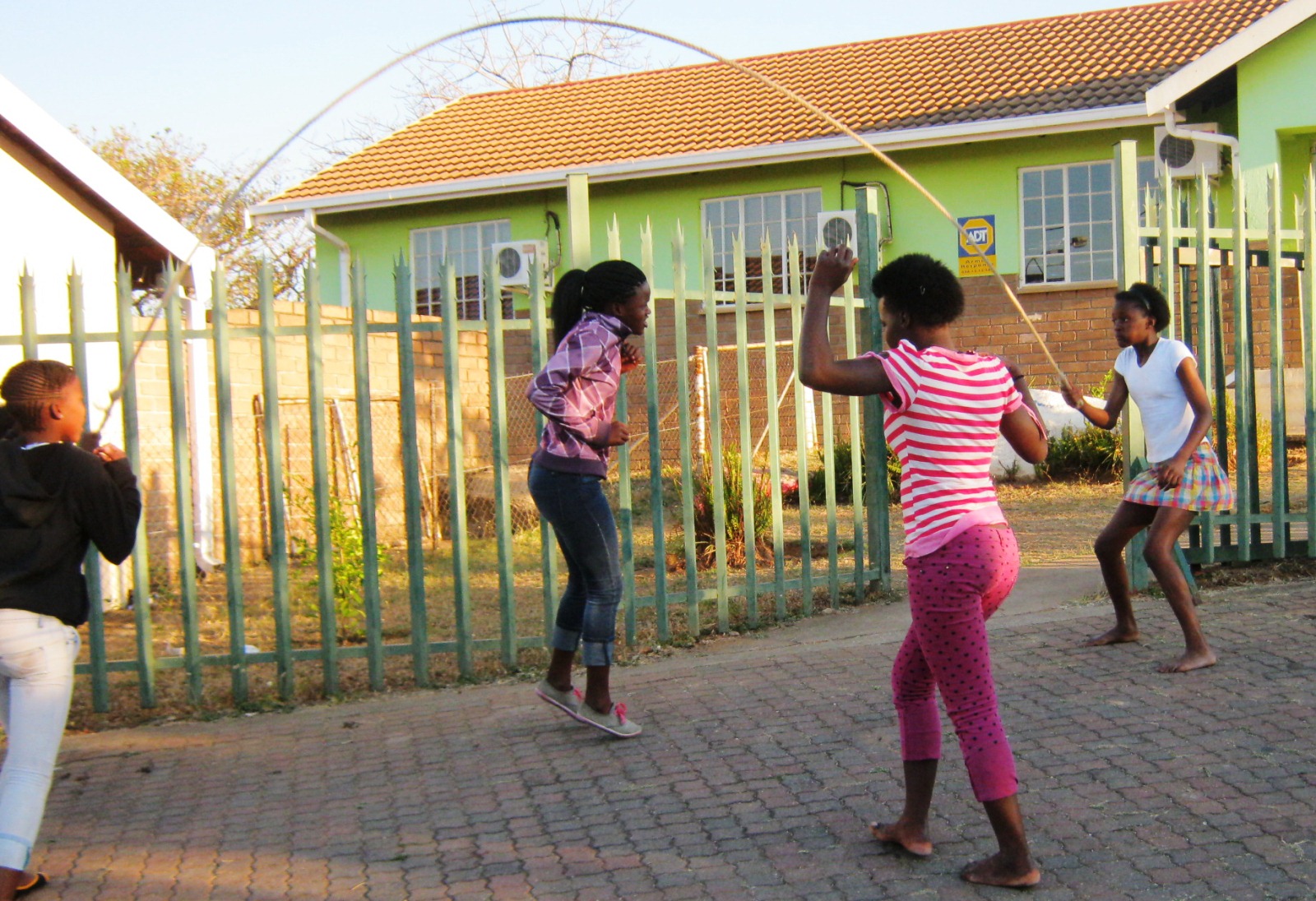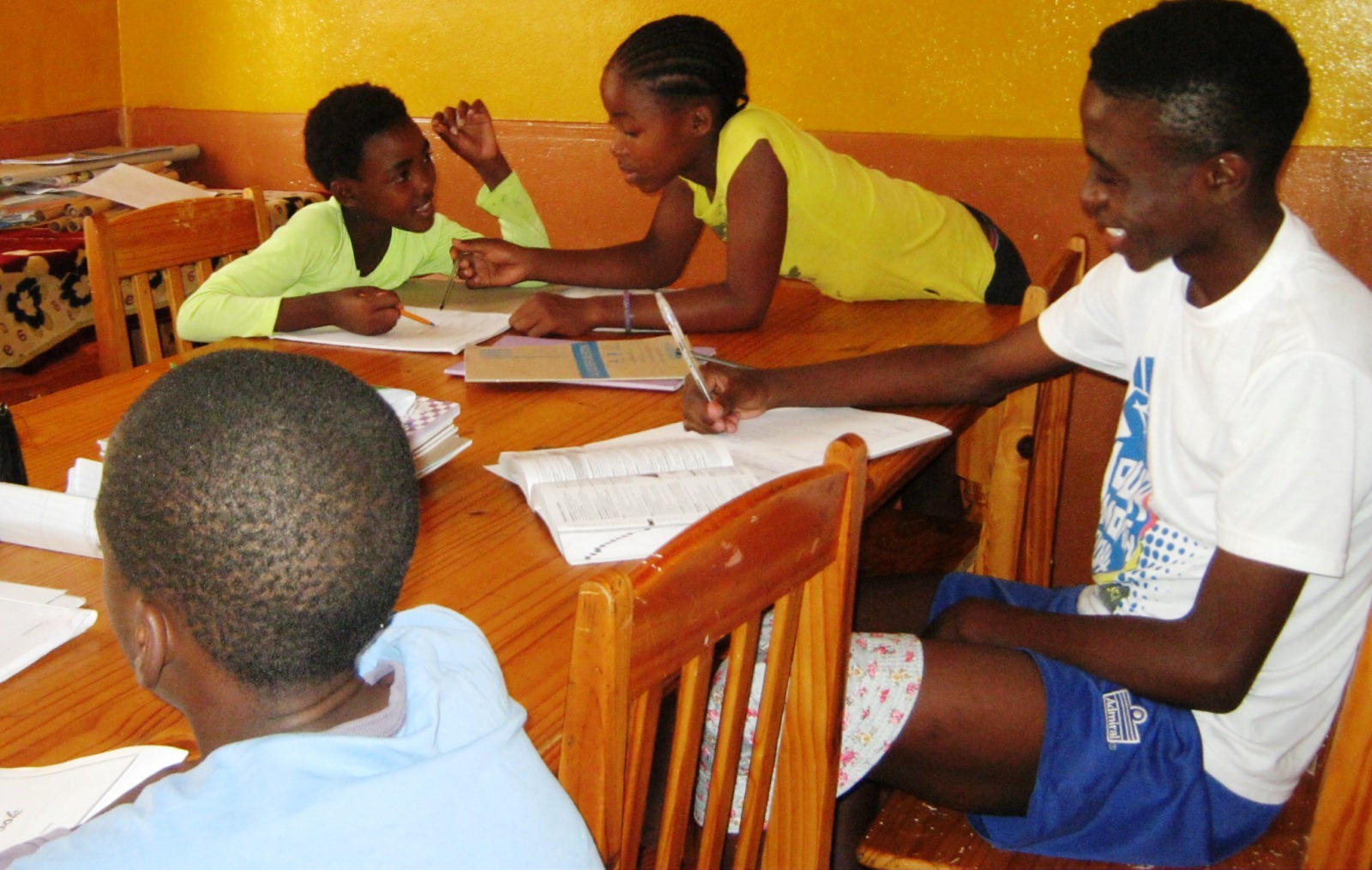Sharp contrasts between different communities
.jpg?width=800)
Children in our care can grow up in a safe environment (photo: SOS archives).
Our organisation is based in Kamagugu, a township located about eight kilometres from the city centre. The neighbourhood is mostly inhabited by families and is marked by poverty.
The region is a major producer of fruit, which is also processed there. Mining and manufacturing – the paper and forestry industries in particular – are also important sources of income and employment. The area is a popular tourist destination, partly due to its proximity to the Kruger National Park.
Brutal inequalities are found in Nelspruit. The urban centre is prosperous and developed. In contrast, the outskirts contain many townships which have only basic infrastructure and which are characterised by high levels of unemployment, illiteracy and poverty. Access to health and education is limited in these areas.
The province of Mpumalanga has the second highest rate of HIV/AIDS in the country – recent estimates calculate that over one third of the population is affected by the disease. Many are co-infected with HIV and tuberculosis. Procuring and supplying drugs remains a challenge for the health system. The presence of the illness has a devastating effect on children's lives; as their carers become unable to work, children are forced to find a way of making money to feed themselves and their families. Their education suffers as they do not attend school; they also become vulnerable to child labour abuse and exploitation.
Supporting families with HIV/AIDS
Nelspruit was the seventh location in South Africa where we started working. The local authorities had been struggling to help an increasing number of child-headed households, and therefore the arrival of SOS Children's Villages in the region was greatly appreciated by the local community. Our organisation carries out important outreach work with families in the area.
What we do in Nelspruit
.jpg?width=800)
Children learning together (photo: SOS archives).
The families' needs are identified through research, which is reviewed on a regular basis. Services include regular home visits to ensure the psychological, physical and educational well-being of the children, legal and material assistance, counselling services, assistance with income generating projects, training and capacity building of community volunteers and training for potential foster parents. The programme also runs HIV/AIDS prevention and awareness campaigns.
Care in families: Children who have lost parental care can find a caring home in one of the SOS families, where up to 100 children can be looked after by SOS parents. The children grow up in a familial environment full of love, respect and security. The families live integrated into the local community.
While the children are in our care, we work with their families of origin – our aim is to reunite the families.